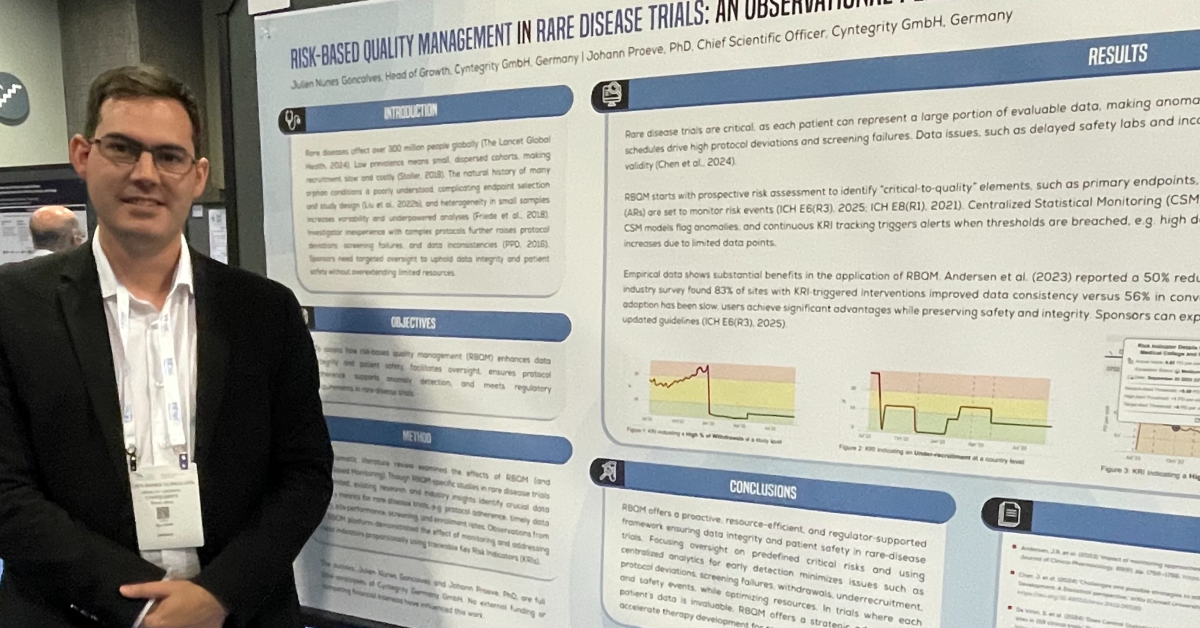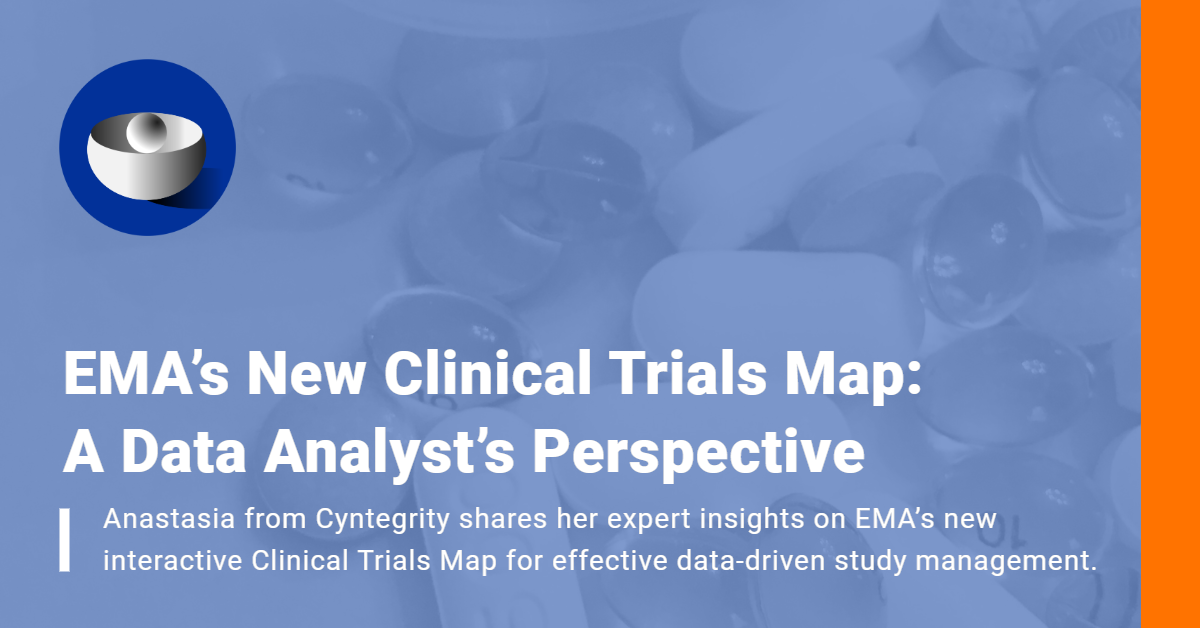Exploring the Potential of Decentralized Clinical Trials
In an era where innovation drives medical progress, Decentralized Clinical Trials (DCTs) may hold the key to transforming oncology care. As we commemorate National Cancer Survivors Day®, it’s time to explore how DCTs could potentially enhance cancer survivorship overall.
Harnessing the Power of the eyesON Decentralized Clinical Trials Outlook
Our latest data visualization tool, the eyesON Decentralized Clinical Trials Outlook, could potentially help unlock a new frontier in oncology care by pinpointing untapped opportunities for DCTs.

Diving into the Data: A Three-Pronged Approach
The eyesON DCT Outlook is powered by three key variables – existing oncology patients, registered oncologists, and broadband internet coverage – that together present a comprehensive view of the potential for DCTs in the USA.
Role of Broadband Internet in DCTs
Broadband internet coverage plays a critical role in facilitating Decentralized Clinical Trials (DCTs). Patients can actively participate in their care without leaving home with a reliable internet connection. It enables virtual consultations with healthcare providers, remote monitoring, and potentially even telemedicine treatments. For patients in remote or underserved areas, broadband internet access can make clinical trials, previously out of reach, now readily accessible.
Reliable internet coverage aids in reducing geographical and logistical barriers, allowing more patients to participate in clinical trials. It also fosters improved data collection and real-time communication, which is crucial for successful trials.
While a stable internet connection is vital, it is just one piece of the puzzle. The DCT model also leverages a network of local resources, such as home nursing and local health facilities, to make clinical trials more accessible to patients.
Stay tuned for our upcoming article, where we will delve deeper into how local healthcare resources contribute to the success of DCTs and the exciting opportunities they present in reshaping oncology care.
Significance of Registered Oncologists in DCTs
Registered oncologists form the backbone of successful DCTs. They provide the medical expertise necessary to design, implement, and evaluate the trials. Moreover, they are crucial for maintaining patient communication, ensuring they understand the trial process, and providing individualized care. The number of registered oncologists in a region could influence the success of DCTs, with more oncologists likely leading to better patient support and care.
Unlocking Opportunities with DCTs in Oncology
By identifying regions ripe for DCTs, the eyesON DCT Outlook provides valuable insights into how these trials could potentially benefit cancer patients and transform their outcomes.
Consider our first graph (Pennington, South Dakota), “DCT Potential: Bridging Healthcare Gaps in Under-resourced Regions.” This illustrates areas where patient demographics, broadband internet, and the availability of registered oncologists are mismatched, representing regions where the DCT model could significantly improve accessibility and convenience for patients. In these areas, DCTs could enable patients to undergo the majority of their trial participation remotely, reducing travel to the start and end of the study in most cases.
Contrarily, our second graph (Cook, Illinois), “DCT Opportunity: Enhancing Patient Experience in Well-resourced Regions,” represents regions where access to oncologists is relatively straightforward. Here, the adoption of DCTs might serve as a minor benefit but nonetheless offer additional flexibility and comfort for patients.
Bridging the Gap: How DCTs Could Potentially Reach More Cancer Patients
One of the most exciting possibilities of DCTs is their potential to democratize clinical trials. By leveraging technology and medical expertise, DCTs could provide a more accessible, efficient, and patient-friendly approach to trials, potentially reaching a larger number of cancer patients than traditional trials.
The Future of DCTs: A Vision for Cancer Survivorship
As we look to the future of this National Cancer Survivors Day, it’s clear that DCTs could play a pivotal role in oncology care. By harnessing the power of data from applications such as the eyesON DCT Outlook, we might be able to drive the expansion of DCTs, potentially improving the odds for current and future cancer survivors.
Next Steps: Explore More with eyesON
Our exploration of the potential of DCTs in oncology care is just the beginning. There is a wealth of opportunities waiting to be discovered in our eyesON library of real-world data visualizers. From understanding drug-drug interactions to exploring the impact of Big Pharma M&As, these tools provide invaluable insights that can drive decision-making in Life Sciences.
We invite you to explore further, delve deeper and join us on this exciting journey of discovery. With the power of data visualization at your fingertips, you have the opportunity to contribute to the future of oncology care and potentially improve cancer survivorship.









Leave A Comment
You must be logged in to post a comment.